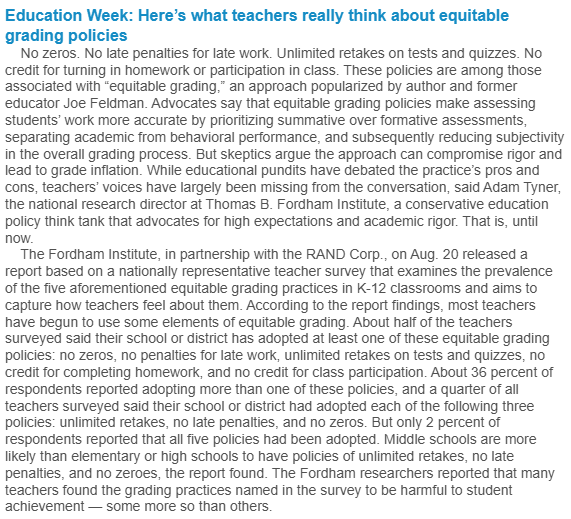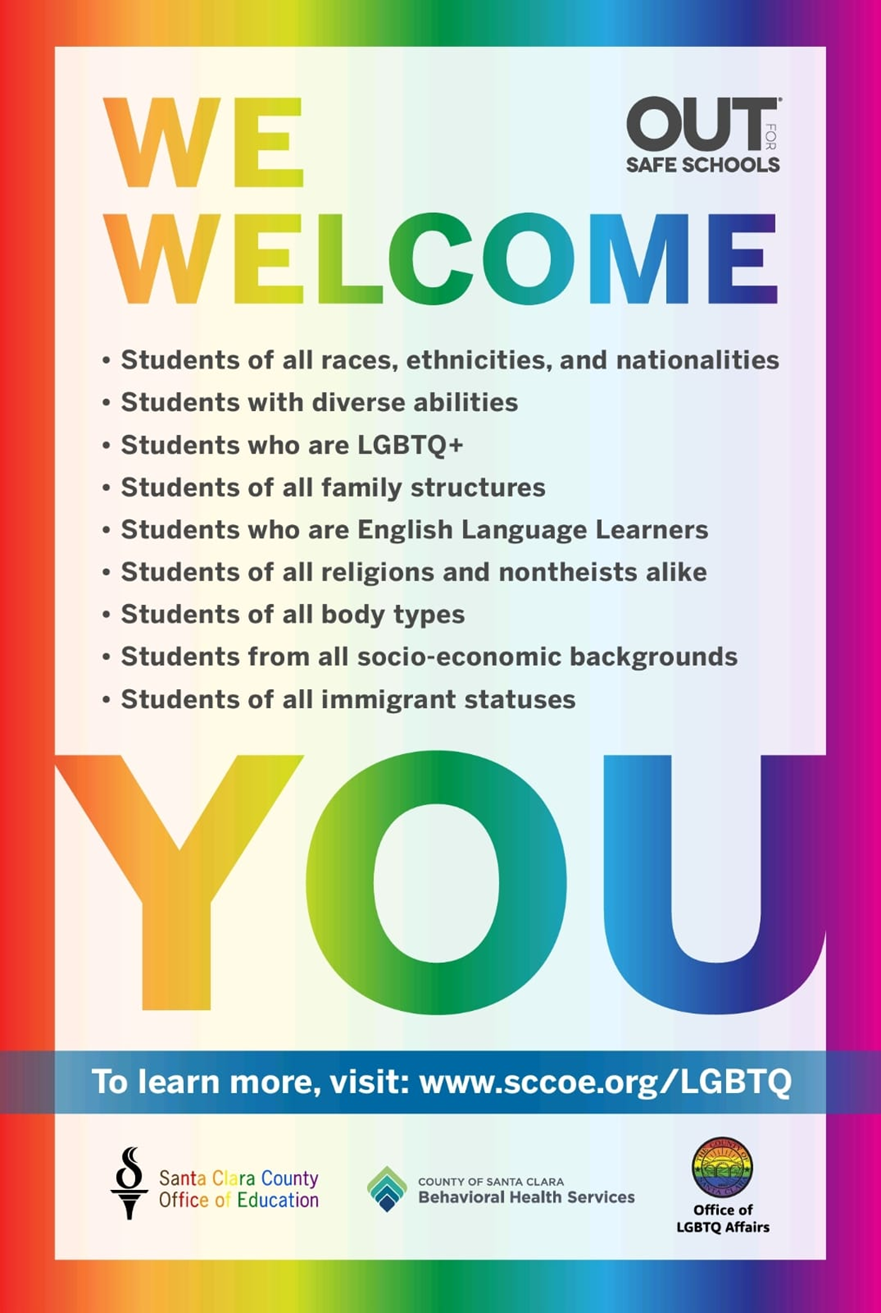Another resident replied at https://pastebin.com/KD1ZUXVz. Below is the content.
The response from resident James not only lacks proper nuance, but is evidence of the lack of education relating to this subject.
Yes, trans people do represent a small portion of the population. But in the real world, chances are, more likely than not, that your child will interact with a person who identifies as such. Exposing this topic to them so they have a better understanding of the world around them is crucial for their success as they grow up.
Characterizing the increased visibility of transgender people as a 'social contagion' fundamentally misunderstands what we're observing. Consider the following analogy: Imagine if left-handedness was stigmatized and forcibly suppressed. In this situation, left-handed people didn't cease to exist—they simply hid their natural inclination. As society's acceptance grew, the recorded number of left-handed people rose dramatically, not because being left-handed was 'contagious,' but because people finally felt safe being themselves. By the time acceptance was widespread, the percentage of left-handed people stabilized at its natural rate of about 10%.
What may look like a 'sudden increase' to some is actually the unveiling of what was always present, just hidden from view. We aren't seeing more transgender people being created—we're seeing more transgender people who feel safe enough to live authentically.
The last claim is just straight up moronic. Bathroom signs are not stopping rapists and perverts. Please cite sources when making claims as bold as “rapes are clearly correlated with trans women using the women’s bathroom”.




